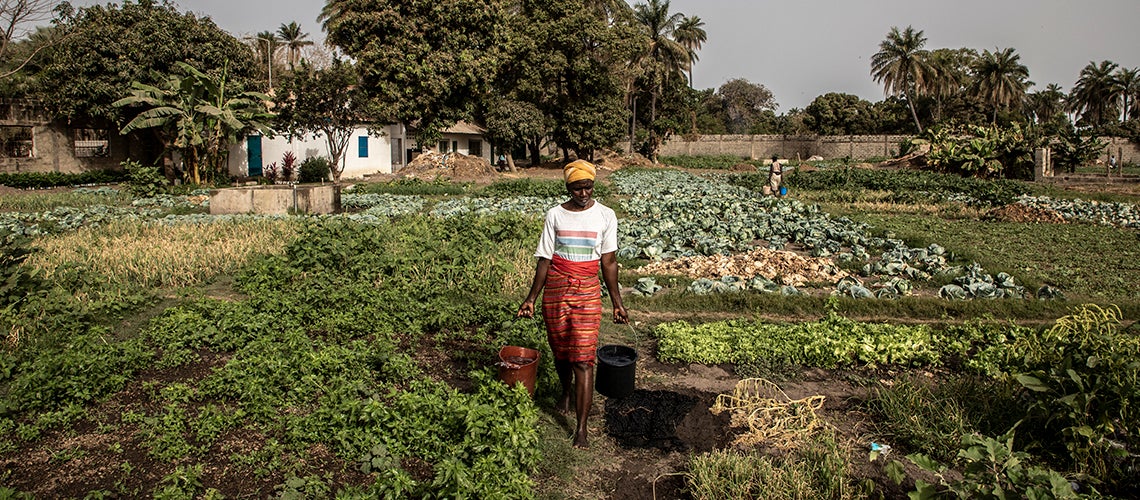As the world marks World Rural Development Day, Nigeria finds itself at a critical juncture where the development of its rural communities can no longer be postponed or sidelined. With over 48 per cent of Nigerians living in rural areas, these regions are not just home to millions—they are the nation’s food basket, natural resource base, and a vital pillar of its socioeconomic structure. Yet, rural Nigeria continues to grapple with chronic neglect, marked by poor infrastructure, limited access to education and healthcare, underinvestment in agriculture, and exclusion from financial and digital services.
World Rural Development Day serves as a timely reminder that sustainable national development cannot be achieved without empowering rural populations. In Nigeria, rural communities remain plagued by a widening urban-rural divide that stifles opportunities and traps generations in poverty. Roads are impassable, schools are dilapidated, healthcare facilities are grossly inadequate, and most farmers still depend on rain-fed, subsistence agriculture with minimal access to mechanisation or markets.
Ironically, Nigeria’s path to food security, inclusive growth, and economic diversification lies in these very rural areas. Agriculture alone employs more than 70 percent of Nigeria’s rural workforce, yet contributes less than 25 per cent to GDP, largely due to systemic inefficiencies, poor extension services, and lack of value-chain development. This is unacceptable for a country with vast arable land and a rapidly growing population.
The time has come for a paradigm shift in rural development policy. Nigeria must stop treating rural development as charity or ad hoc intervention and begin to integrate it as a cornerstone of national planning. Rural infrastructure, especially feeder roads, electricity, clean water, and internet connectivity must be prioritised through federal, state, and local collaboration. The presence of basic infrastructure not only improves quality of life but unlocks productivity and investment in these regions.
Furthermore, the government must expand investment in rural education and vocational training. A well-educated and skilled rural youth population can drive innovation in agro-processing, digital services, and small-scale manufacturing. With the right support, rural entrepreneurship can flourish, reducing rural-urban migration and strengthening local economies.
Crucially, financing rural development cannot be left to government alone. Development finance institutions, private investors, and donor agencies must be incentivised to invest in rural SMEs, agriculture, and infrastructure through blended finance models, credit guarantees, and policy incentives. Financial inclusion must also be a priority, with digital platforms and mobile money services tailored to rural users.
World Rural Development Day is not merely symbolic; it is a wake-up call. Nigeria cannot afford to ignore the potential of its rural population if it seeks genuine and inclusive progress. Let this day serve as a catalyst for renewed commitment to rural revitalisation, not just in words but in sustained, coordinated action.
To build a prosperous, equitable, and resilient Nigeria, we must start from the ground up by empowering those who live where the country’s wealth is grown but rarely returned. Rural development is not a rural issue; it is a national imperative.





